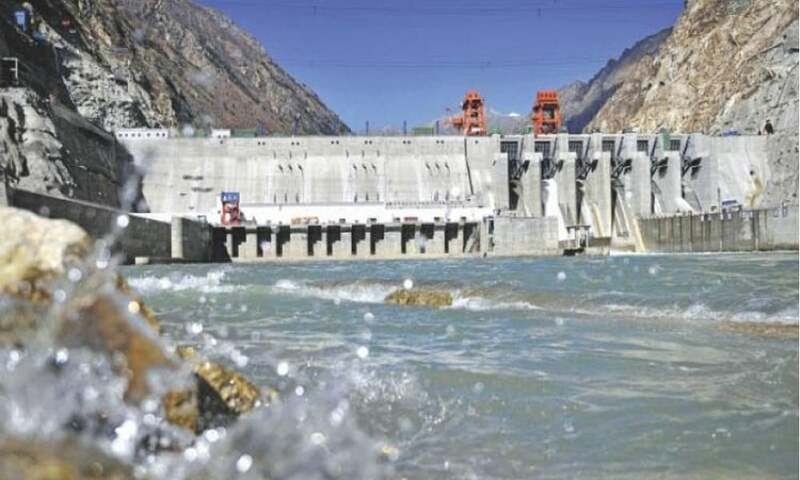Sinosure expressed its readiness to support the implementation of two major hydropower projects: 700-MW Azad Pattan Hydropower Project & 1124-MW Kohala Hydropower Project.
In a significant development for Pakistan’s energy sector, China’s state-owned insurance company, Sinosure, has expressed its readiness to support the implementation of two major hydropower projects: the 700-MW Azad Pattan Hydropower Project and the 1124-MW Kohala Hydropower Project. This move follows direct guidance from Beijing, as confirmed by well-informed sources to media.
Historically, Pakistan has faced challenges in initiating these key projects due to Sinosure’s reluctance, largely stemming from payment issues with existing companies and the nation’s substantial circular debt, currently estimated at Rs 2.6 trillion. Despite numerous efforts by successive Pakistani governments, progress was stalled.
The breakthrough came after recent high-level engagements between Pakistani officials and Chinese leaders. Pakistan’s Minister for Planning, Development, and Special Initiatives raised the issue of delays with Chinese companies’ executives prior to an official visit to China. The Chinese leadership responded positively, paving the way for potential resolution.
Following these discussions, Pakistan’s embassy intensified follow-up actions, coordinating closely with Sinosure’s President Sheng Hetai to expedite the projects. Key embassy figures, including Counsellor Haseeb Gohar, held a series of consultations with Sinosure’s representatives, including Guo Shuang.
According to embassy sources, the following key points emerged from these consultations:
- Sinosure has received formal guidance from the Chinese government to proceed with the Azad Pattan and Kohala hydropower projects.
- Pakistani authorities need to encourage Chinese investors to submit new Letters of Intent (LoIs) for these projects. The previous LoI for Azad Pattan, submitted by China Gezhouba Group Company (CGGC) in April 2023, has expired, necessitating a new submission.
- No application or LoI has been received from China Three Gorges (CTG) or any other company for the Kohala project. CTG needs to be approached to submit the required documentation.
- Chinese investors must also resubmit an economic feasibility report that accounts for any outstanding arrears. This report is crucial for Sinosure’s evaluation process and will not influence the insurer’s decision-making independently.
In March 2024, the Private Power and Infrastructure Board (PPIB) gave a one-month deadline to Azad Pattan Power (Pvt) Ltd (APPL) to commence work on the 700.7-MW hydropower project, pending Sinosure’s approvals. Failure to meet this deadline would force PPIB to consider alternative options.
“The delay in developing this large-scale project is disrupting power generation planning,” noted an official from PPIB. He urged the sponsors of Azad Pattan to begin development activities immediately or consider mutually excluding the project from the Indicative Generation Capacity Expansion Plan (IGCEP). This would allow room for other pipeline hydropower projects, which could be incorporated once Sinosure clearance is obtained and new timelines are optimized.
Despite the challenges, APPL representatives remain optimistic. They indicated that the confidence level of Chinese stakeholders is improving, with CGGC Headquarters actively working towards securing the necessary LoI from Sinosure. They requested PPIB to continue supporting these efforts to resolve the core issue of Sinosure clearance promptly.
Last October, the Ministry of Planning, Development, and Special Initiatives had expressed doubts about achieving financial closure for the Azad Pattan and Kohala hydropower projects. Nonetheless, persistent efforts by Chinese companies and the Government of Pakistan to secure Sinosure’s assurance seem to be yielding results, marking a potentially transformative phase for Pakistan’s energy infrastructure.
As these projects advance, they are expected to significantly bolster Pakistan’s hydropower capacity, contributing to a more sustainable and reliable energy future for the nation.
